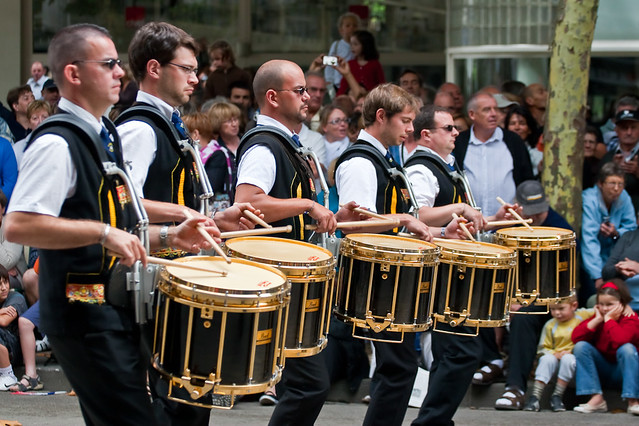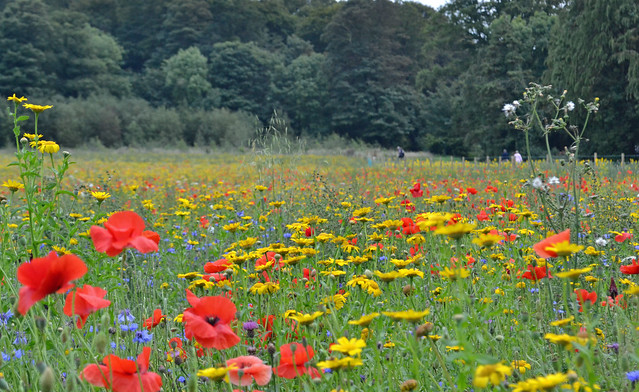Today we’re looking at up, over, above and related words in Celtic languages.

A quiet day on the summit of Snowden / Dydd tawel ar gopa’r Wyddfa
| Proto-Celtic | *ouxsos = above *ouxselos = high, elevated |
|---|---|
| Gaulish | *uxelos = high, elevated |
| Old Irish (Goídelc) | úas [uːa̯s] = above, over anúas [aˈn͈uːa̯s] = from above súas = up, upwards, back (in time), forward on (in time), túas = up, above, of heaven, above (mentioned) úasal = high, lofty, noble, high-born, gallant, genteel, honourable |
| Irish (Gaeilge) | suas [ˈɡaɾʲəmʲ/ˈɡɪɾʲəmʲ] = up, to higher place or station, at, towards, a high level, to the south, onwards, backwards, on high, risen anuas = down (from above) thuas = up, in higher place, in the south, put up, on top, successful, profiting uasal [ˈuəsˠəlˠ] = noble, high-born, aristocratic, gentle, gallant, genteel, lofty, precious, fine, hallowed, enchanted, inhabited by fairies na huaisle the good people, the fairies |
| Scottish Gaelic (Gàidhlig) | suas [suəs] = up, upwards, upright, standing shuas [huəs] = above, aloft up (location), upper a-nuas [əˈn̪ˠuəs] = down(wards) / up(wards) – towards the speaker uasal [uəsəl̪ˠ] = noble, nobleman, nobility, high-minded, genteel |
| Manx (Gaelg) | seose = heavenwards, up, upward, upwards heose = above, aloft, up, upper neose = down, downward, downwards ooasle = aristocratic, classy, creditable, dignified, esteemed, gentlemanly, goodly, highborn, honourable, illustrious, lofty, lordly, magnificent, noble, respected |
| Brythonic | *ʉx [ˈʉːx] = above, on top of, over *ʉxel [ʉˈxɛːlˑ] = high, elevated |
| Old Welsh | uuc = above, on top of, over |
| Middle Welsh (Kymraec) | uch = above, on top of, over uchel = shigh, tall, exalted |
| Welsh (Cymraeg) | uwch [ɨ̞u̯χ/ɪu̯χ] = above, on top of, over, on, beyond, in front of uchel [ˈɨ̞χɛl/ˈiːχɛl] = high, tall, exalted, important, solemn, sublime, splendid, excellent, noble, stately, respectable, commendable uchelder = high place, height, highness, nobility uchelaf, uchelu = to raise, heighten, exalt, increase uchelwr = landed, proprietor, freeholder, landlord, gentleman, nobelman, aristocrat, a superior |
| Middle Cornish (Cernewec) | uhel = high, lofty, elevated uhelder = height, highness uhelle = to raise up on high, to exalt |
| Cornish (Kernewek) | a-ugh = above a-ugh dhe = over ughel = high, grand, loud, tall ughelder = height, loudness |
| Old Breton | uh = on high uchel = high |
| Middle Breton (Brezonec) | uc’h = on high uhel = high, noble, generous uhelaat = to increase, rise in the sky, raise uheladur = to shrug, enhancement uhelañ = the highest point |
| Breton (Brezhoneg) | uhel [ˈy.ɛl] = high, uphill, upstream uhelaat = to promote uc’hek = maximal |
Etymology: from the Proto-Indo-European *h₃ewpso- (above) from *h₃ewps- (high, elevated) [source].
Sources: Wiktionary, Am Faclair Beag, Online Manx Dictionary, Teanglann.ie, eDIL – Electronic Dictionary of the Irish Language, In Dúil Bélrai English – Old Irish glossary, Geiriadur Prifysgol Cymru, Gerlyver Kernewek, Dictionaire Favereau, TermOfis, English – ProtoCeltic WordList (PDF), Etymological Dictionary Of Proto Celtic










